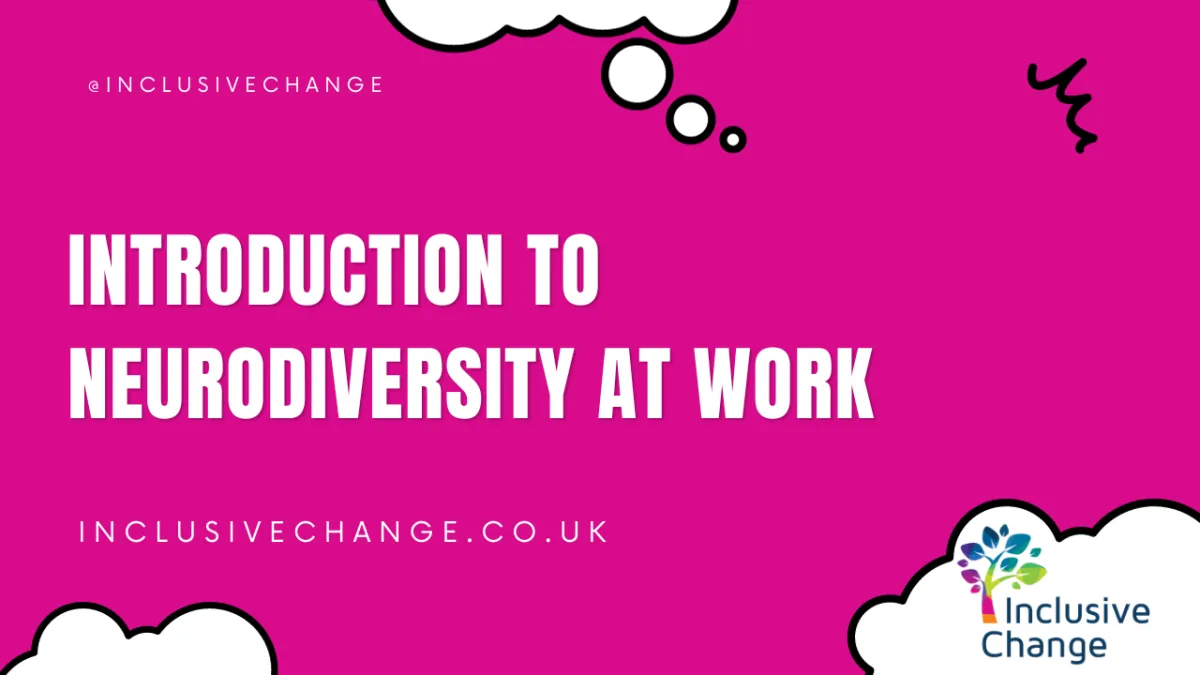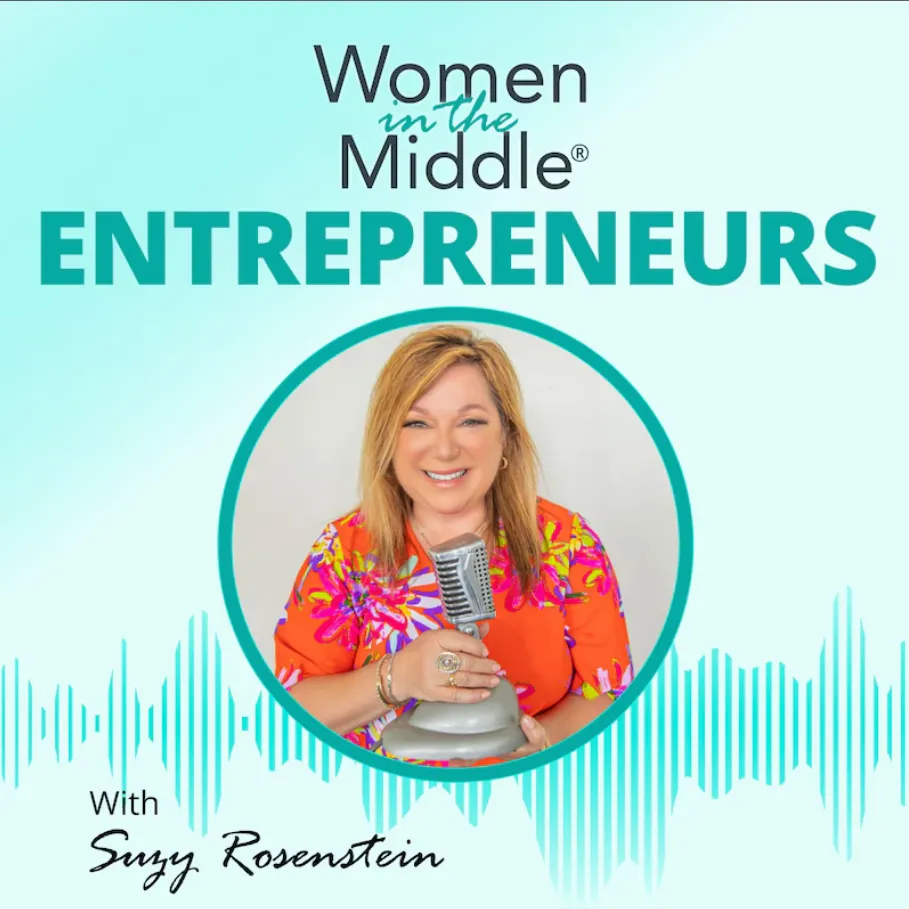Inclusive Change
Start the conversation
Read our blogs and discover more about neurodiversity through our links


Introducing neurodiversity at work
At Inclusive Change we talk a lot about neurodiversity in the workplace. One of the key questions we get asked is what is neurodiversity? Lucy Smith, founder & director explains the term in this blog.
Introducing neurodiversity at work
Many of you will have heard of people like Richard Branson (Entrepreneur), Will I Am (Musician) Daniel Radcliffe (Actor), Greta Thunberg (Activist) but do you know what they all have in common?
They are all Neurodivergent.
That means that they experience the world, think and process stuff in a way that is different to most people. People who are neurodivergent may be dyslexic, autistic, have ADHD, dyspraxia or Tourette’s syndrome. There are lots of other descriptions and conditions but those are the most well known.
Being Neurodivergent can bring with it some challenges, particularly as an adult trying to get a job, stay in a job or grow in a job. This article isn’t long enough to discuss all of those challenges but if I only tell you that just 22% of autistic adults are in any form of paid employment, as compared to around 80% for the general population, that should give you an indication that there is a significant problem in this area of work.
Neurodivergent Strengths
On the flip side, and something we want everyone to be aware of, neurodivergent people have incredible strengths. From creativity and innovation to hyper focus, an ability to work on complex problems or an incredible attention to detail. Obviously we are all individuals but many neurodivergent people will refer to their strengths as super powers.
The names I mentioned earlier have overcome challenges to be successful in their lives and careers - Richard Branson is dyslexic, Greta Thunberg is autistic, Daniel Radcliffe is dyspraxic, and Will I Am has ADHD.
Neurodiversity is a term that you will hear more about and I truly believe it is one of the most important topics to understand in the next 5 - 10 years in the world of work. Understanding Neurodiversity at Work will bring incredible benefits for employers and organisations and individuals.
Origins of Neurodiversity
The term neurodiversity relates to the natural diversity of human minds, it was first used by Judy Singer, an autistic sociologist back in the late 1990’s - it’s taken a while to gain some traction in the world of Equality, Diversity and Inclusion but now it really is being recognised and organisations are taking action to make changes and embrace neurodiversity.
Neurodiversity isn’t just about a group of people with probtected characteristics like autism or adhd. Neurodiversity is about us all. At the core of the neurodiversity movement is the principle that we are all unique and neurodiversity represents the natural diversity of human brains. It is a subset of biodiversity which is so important for the survival of our planet. Some of us are neurodivergent, which means that our brains process information in a different way to what might be considered typical.
At Inclusive Change we are doing something positive to make a difference for young people and adults who are neurodivergent who may not have the same success as Richard, Simone, Daniel and Emma. We are delivering free training in South Glos & Bristol to organisations who want to find out more about neurodiversity as part of their future recruitment and HR strategies.
Inclusive Change want to start the conversation and get as many organisations talking about neurodiversity in our community. To find out more take a look at our website inclusivechange.co.uk or drop us an email to [email protected]

Check out Lucy's other features

A Journey of Neurodiversity Advocacy and Change
Read Lucy's interview with Golden Valley, where she explains some of the life events that led her to becoming a full time advocate for neurodivergent and disabled people in the workplace.

Women in the Middle® Entrepreneurs:
EP #52: Sharing the Positives About Neurodiversity with Lucy Smith
Suzy Rosenstein, a master life coach, hosts a podcast called Women in the Middle Entrepreneurs, a podcast where these important conversations about the intersection of being a midlife entrepreneur who's also a woman 50 plus can happen.
Inclusive Change Ltd
The Brightwell, Bradbury House
Wheatfield Drive
Bradley Stoke, Bristol
BS329DB
Copyright 2025 - Inclusive Change Ltd
Companies House: 12412464
VAT NO: 352 1564 17
ICO Reg: ZB081779
UK Register of Learning Providers: 10090652
Reg no: 12412464





